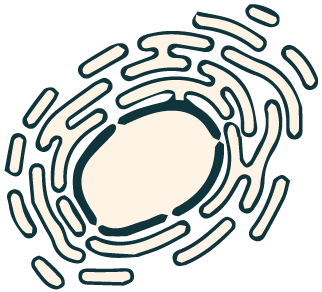This website uses cookies to ensure you get the best experience on our website.
- Table of Contents
Facts about SRSF protein kinase 2.

This is carried out by the phosphorylation of SRSF2, causing the suppression of p53/TP53 phosphorylation thereby relieving the repressive effect of p53/TP53 on cyclin-D1 (CCND1) expression. Phosphorylates ACIN1, and redistributes it from the nuclear speckles to the nucleoplasm, resulting in cyclin A1 but not cyclin A2 up- regulation.
| Human | |
|---|---|
| Gene Name: | SRPK2 |
| Uniprot: | P78362 |
| Entrez: | 6733 |

| Belongs to: |
|---|
| protein kinase superfamily |

EC 2.7.11.1; FLJ36101; H_RG152G17.1a; H_RG152G17.1b; serine kinase SRPK2; Serine/arginine-rich protein-specific kinase 2; serine/arginine-rich splicing factor kinase 2; serine/threonine-protein kinase SRPK2; SFRS protein kinase 2SFRSK2; SFRSK2; SR protein kinase 2; SRPK2; SR-protein-specific kinase 2; SRSF protein kinase 2; WUGSC:H_RG152G17.1a
Mass (kDA):
77.527 kDA

| Human | |
|---|---|
| Location: | 7q22.3 |
| Sequence: | 7; NC_000007.14 (105110708..105399363, complement) |
Highly expressed in brain, moderately expressed in heart and skeletal muscle and at low levels in lung, liver, and kidney.
Cytoplasm. Nucleus. Shuttles between the nucleus and the cytoplasm. KAT5/TIP60 inhibits its nuclear translocation. Phosphorylation at Thr-492 by PKB/AKT1 promotes nuclear translocation.





PMID: 9472028 by Wang H.-Y., et al. SRPK2: a differentially expressed SR protein-specific kinase involved in mediating the interaction and localization of pre-mRNA splicing factors in mammalian cells.
PMID: 12134018 by Daub H., et al. Identification of SRPK1 and SRPK2 as the major cellular protein kinases phosphorylating hepatitis B virus core protein.